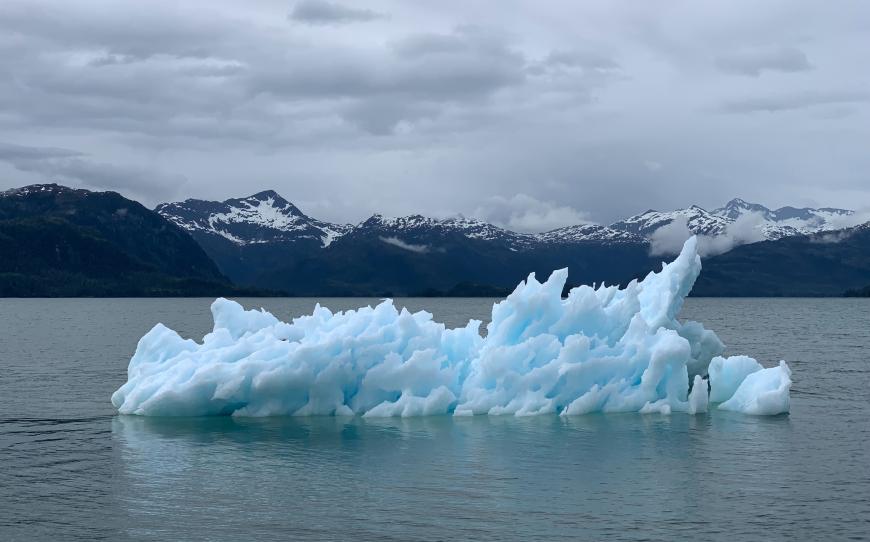The course aims at providing an up-to-date introduction to fundamental physical and bio-geo-chemical mechanisms defining the climate and climate variations on Earth. The following topics are covered:
- Blackbody radiation, the planetary energy balance, and the greenhouse effect.
- Recent global warming and future climate scenarios.
- The concepts of radiative forcing, feedbacks, and climate sensitivity.
- The major atmospheric and oceanic circulation patterns.
- The role of the cryosphere in the climate system and changes in sea level.
- Plate tectonics and its impact on Earth’s climate.
- The major components and mechanisms of the organic and inorganic carbon cycles.
- Quaternary climate variability on orbital, millennial, and annual time scales.
- Past, present, and future abrupt climate change and tipping elements of the climate system.
Prerequisites
Academic qualifications equivalent to a BSc degree is recommended.
Application procedure
Self Service at KUnet
Learning outcomes
The aim of the course is to provide an overview of the physical and bio-geo-chemical climate system, to put recent global warming into a paleo-climatic context, and to qualify the student to discuss and assess future climate scenarios.
Knowledge
- Basic physical understanding of the major elements of the Earth climate system and their interaction.
- Mechanisms of Quaternary climate and climate variability on various time scales.
- Understanding of the causes for recent global warming and knowledge of future climate scenarios
Skills
- Ability to put recent global warming into a paleo-climatic context.
- Distinguish between gradual and abrupt climate change and impacts of climate change.
- Present a topic on climate change in a well-structured, logical, and scientifically correct form.
Competences
- Provide qualified contributions to discussions on climate change mechanisms.
- Ability to critically read and understand recent physical science literature on climate change.
- Form an opinion of the need for actions to limit the impacts of future climate change.
Files/Documents
ISCED Categories
Conservation and environmental management
Physical and chemical oceanography

